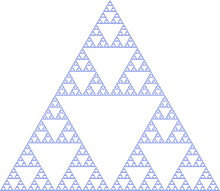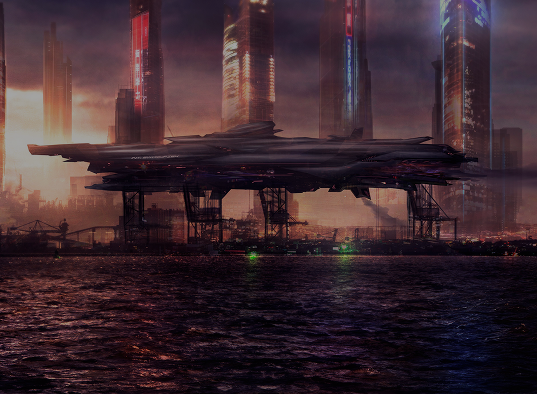Do Humans really have free will? Or is everything predetermined — either by God, or by Fate, or by the cause-and-effect laws of the natural universe?
It’s an age-old debate, free will vs predestination, human autonomy vs determinism. Theologians, philosophers and scientists have been arguing about it for centuries.
Extreme determinism insists that God has preordained everything that ever happens, from the assassination of a world leader to your choice of vocations. Whether you win the lottery, or get struck by lightning, it is all part of God’s perfect plan. From this perspective, we only think we have free will!
Slightly less extreme is the view that an omniscient God knows our every decision and every action in advance. However, if God already knows these things, doesn’t that imply they are predetermined? Written in stone? For example, if God knows you’ll be teaching high school English in Seattle 20 years from now, then it will certainly happen, regardless of whether or not it’s on your personal radar.
On the other side of the coin, many theologians insist that God has put all of our decisions and destinies in our own hands. Every conceivable event that occurs in life, every choice we make, originates within our free will. Unfortunately, it may originate in someone else’s free will, someone who might choose to drive drunk and cause a fatal accident to a person you love. Sometimes, plain bad luck strikes in our fallen universe, as when a loved one is diagnosed with pancreatic cancer, or an earthquake levels a city. In this view, God may intervene, but how and when seems rare and mysterious. In times like these, we cling to the hope expressed in Romans 8:28, We know that in all things, God works for the good of those who love Him, who are called according to His purpose.
At the farthest extreme of free will, some scholars believe that God – if He even exists — is not involved in His creation. Like the famous Swiss watchmaker who built a timepiece and left it running, God set the universe in motion and walked away.
Free will or predestination? Full autonomy or hard determinism? Most people of faith may lean one way or another, but we live our lives comfortably between the two extremes. And sometimes uncomfortably.
I made my own peace with this dilemma when I began to study chaos theory. You’ve all heard about the butterfly flapping its wings in Tokyo, and there’s a hurricane in Ecuador. Tiny little disturbances may spin unpredictably out of control and cause unexpected catastrophes.
But that’s not the magic of chaos theory. When most of the random, unpredictable events have been measured, graphed or accounted for, we find wondrous patterns that we never expected. Chaos can be exquisitely patterned and beautiful!
I would encourage to sample a simple introduction to chaos theory, called the chaos game. I won’t take much time here, but you can visit:
https://thewessens.net/ClassroomApps/Main/chaosgame.html
In the chaos game, you can generate unpredictable points all over a triangle, using dice and a few rules.
After hundreds or thousands of roles of a single die, and a few simple rules, most people or very surprised by the result:

In every chaos game, the points are placed in radically different places, but the final pattern is always the same. My “theology” is a synthesis of views. Free will lies in the roles of the die, but the end result lies in the mind of God.

